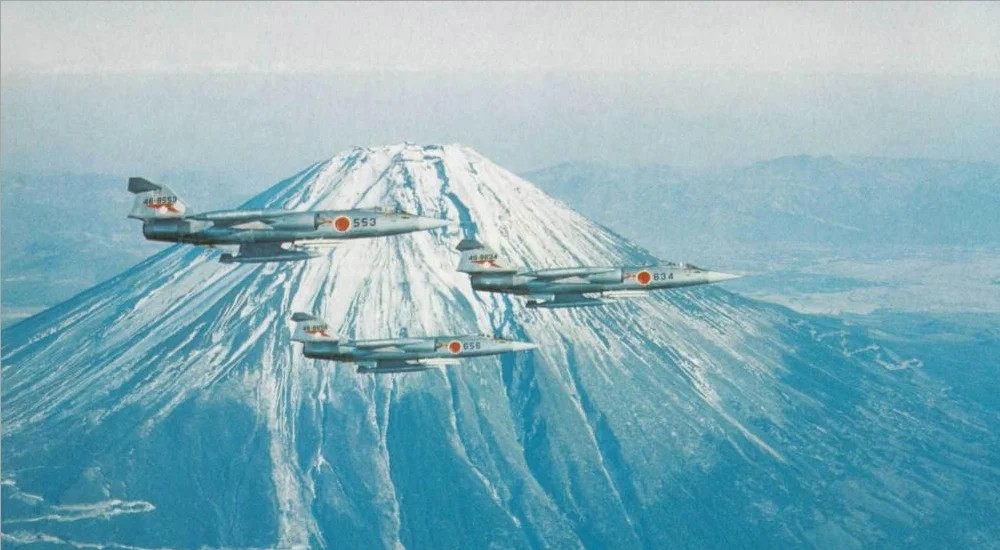On the flight from Auckland to Toyko I finally had a chance to finish reading Yukio Mishima's Sun and Steel, his personal testament on "art, action, and ritual death." Mishima was a Japanese poet and author who is a complicated figure, in large part because he followed through on his testament. On 25 November 1970, aged 45, he attempted to inspire members of the Japanese Defence Force to rise up in a coup against the government to amend the constitution to restore the power of the Emperor and Japan's right to wage war. He failed and committed seppuku. His remains were returned to his family, his co-conspirators were pardoned, and he secured his legacy as a tragic heroic figure.
I was expecting the book to be heavy on eastern mysticism, but found instead a man inspired by the ancient Greeks. He seamlessly references Christian ideas and quotes from the New Testament. He even mixes in the occasional German literary concept, although perhaps given history that part is least surprising.
He writes about his awakening from being a bookish young boy who valued only words and intelligence to a man who realises how the body matters as much as the mind. After the end of the war, he felt a romantic impulse towards death, but he felt he did not have the muscles suitable for a dramatic death. I disagree with his views on death, as death is the final enemy and not something to be actively sought out. However, perhaps life is sometimes more complicated, as even our Christian history is filled with the heroic sacrifice often made in the prime of life. Mishima himself references the martyrdom of Saint Sebastian (AD 288) positively in that context.
He mentions the incarnation of Christ early on, seeing the "word made flesh" as the archetype for turning art (word) into action (flesh). The ability for the mind to shape the flesh he also references in the case of stigmata, which he sees as deep religious belief resulting in scars manifesting on the body. He also quotes phrases from the Bible without reference on a number of other occasions, and if you are unfamiliar with the King's English you would miss them. These are not big parts of the book, but I think the Greek and Christian references sprinkled through his work speak to the reason why he had such a broad appeal outside of Japanese culture. What I saw of feudal Japanese culture did not feel too alien to me either, with many parallels to European feudalism. At the time they clashed and right through to the second world war both felt barbaric to each other, but in retrospect they could stand side-by-side against the modern world.
After the war, Mishima became dissatisfied and never really accepted the new order. Instead of sitting inside to read and write all day, he exposed his body to the sun and allowed his skin to burn to the point it was black. The sun is a harsh mistress. A core part of his philosophy was to seek out pain actively as part of improvement. He contrasts sitting in the darkness of being bookish with weakness and sitting in the light of the sun as strength.
The early death he sought he did not draw from Japanese mysticism, but from Greek myth. The Greek viewed an early death as a sign of love from the gods. I now understand the link between Mishima and the 21st century right-wing body-builder movement more clearly too, as both draw from the same well of Ancient Greek mythology.
"The groups of muscles that have become virtually unnecessary in modern life, though still a vital element of a man’s body, are obviously pointless from a practical point of view, and bulging muscles are as unnecessary as a classical education is to the majority of practical men. Muscles have gradually become something akin to classical Greek. To revive the dead language, the discipline of the steel was required; to change the silence of death into the eloquence of life, the aid of steel was essential." - Yukio Mishima
I thought perhaps he would focus more on nostalgia for the past or be opposed to modernity, but far from it. The book ends with his experience as a passenger on a Lockheed F104 Starfighter. The technology that enables him for a brief moment to fly into space, to feel weightlessness, to see the Earth beneath him and the clouds snake endlessly around the globe, is what he saw as the pinnacle of his life. The final words of the book are not his own, but the poem Icarus.
All his art and action led to a moment in time where he could touch the stars.
